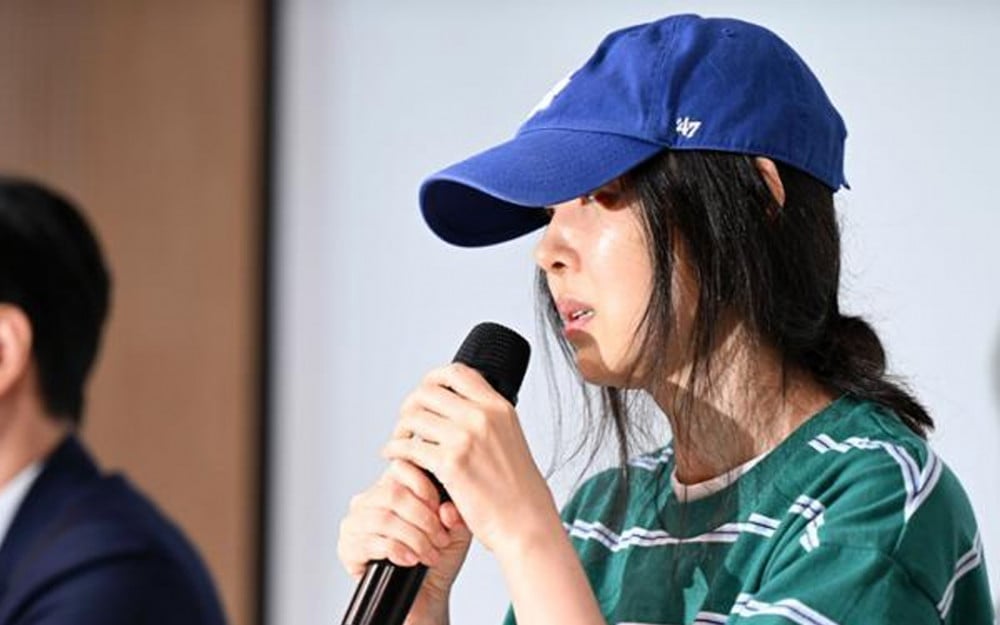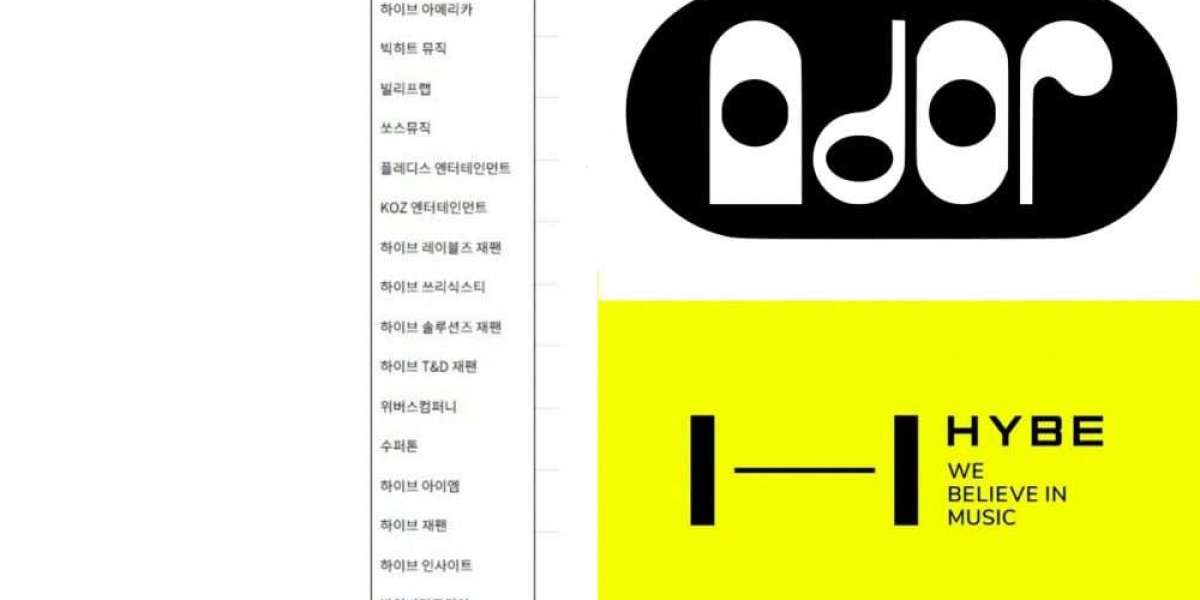49
Legal experts state it would be difficult for HYBE to establish criminal charges against ADOR CEO Min Hee Jin

The ongoing conflict between ADOR CEO Min Hee Jin and HYBE shows no signs of resolution. HYBE has escalated matters by reporting CEO Min to the police, turning the incident into a criminal case.
The central issue revolves around whether the allegations of "embezzlement" against CEO Min hold merit and the subsequent potential for criminal penalties. Several points of contention have been considered.
According to the police on April 28, HYBE filed a complaint on the 26th at the Yongsan Police Station in Seoul against CEO Min and executive Mr. A, from ADOR, accusing them of embezzlement. The police are reviewing the complaint and plan to proceed with formal investigations after understanding its contents.
HYBE alleges that ADOR's management, under CEO Min's leadership, sought financial investors intending to seize control, subsequently selling ADOR, and attempting independent share acquisition. They argue that logs in the business journal over "several months" support the claim of ongoing discussions under the same purpose of "seizing control." In response to CEO Min's argument that these were mere discussions, HYBE cites records found in the business journal, such as "ultimately exiting" and "this should be handled as a private discussion," as evidence.
However, within the legal community, the likelihood of prosecution for embezzlement is considered low based on publicly available information. Embezzlement under criminal law is challenging to prove solely based on preparatory acts without actual execution. Even if minor actions were taken or there was a risk of harm to the company from executed actions, there is currently insufficient evidence to support this. Attorney Ahn Joo Young from the law firm An & Park explained, "Similar to the charge of conspiracy or preparatory acts for treason applied to former lawmaker Lee Suk Ki, the criminal law only punishes preparatory acts for 'serious crimes.' Embezzlement is a property offense, requiring actual acts for prosecution. Therefore, merely conspiring in online chat rooms would make it difficult to establish charges."

Realistically, proving the accusation against CEO Min, especially regarding the usurpation of management rights, is challenging. HYBE claims that CEO Min attempted to neutralize management rights by terminating the exclusive contract with NewJeans. However, considering factors such as CEO Min's ADOR stake being only 18%, making it impossible to acquire shares without HYBE's consent, and the possibility of a non-compete agreement between HYBE and CEO Min, it's argued that even attempted embezzlement is unlikely. Lawyer Yoon Yong Seok from Hyunmyung Law Office stated, "Based on the revealed content, it seems more like (CEO Min) was expressing dissatisfaction with HYBE's operational direction than criminal activity," pointing out the difficulty in evaluating it as a crime.
Some suggest that HYBE's legal action stems not from management issues but from an intention to undermine the internal workings of ADOR by targeting CEO Min's leadership. There are suspicions that HYBE chose to file the complaint at a local level rather than the Seoul Metropolitan Police Agency, which investigates major economic crimes, for this reason. Labor law specialist Lawyer Park Hoon analyzed, "HYBE seemed to want to regain or tighten control over CEO Min's minority shareholder rights, while CEO Min seemed to be trying to increase those rights, which seemed like an attempt to seize control."
However, new points of contention may arise during the police investigation, such as whether CEO Min's contract was leaked. HYBE suspects that ADOR's management leaked confidential documents, such as contracts, during the process of attracting external investment. Lawyer Yoon mentioned, "If additional evidence regarding contract leaks is submitted, it could spark debate on violation of the Unfair Competition Prevention Law," adding, "Even so, it's necessary to delve into complex issues such as whether the leaked content constitutes trade secrets or significant business assets, and whether there is a causal relationship between profit acquisition and the leaks."
~ thanks for reading ><









